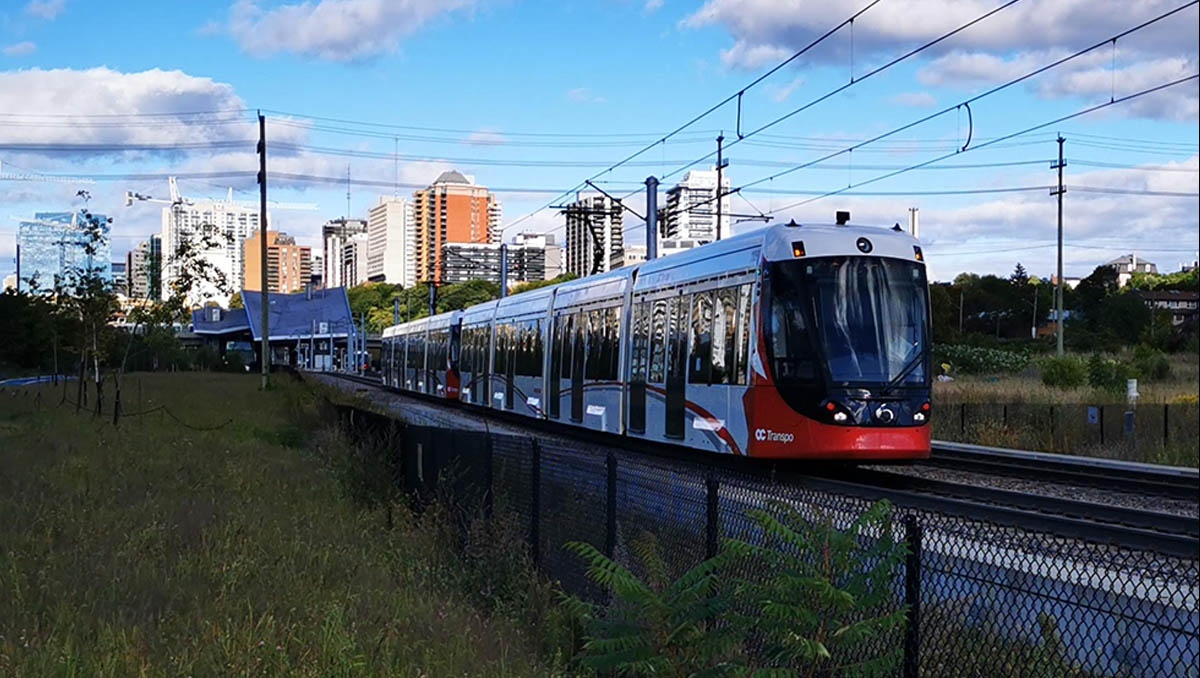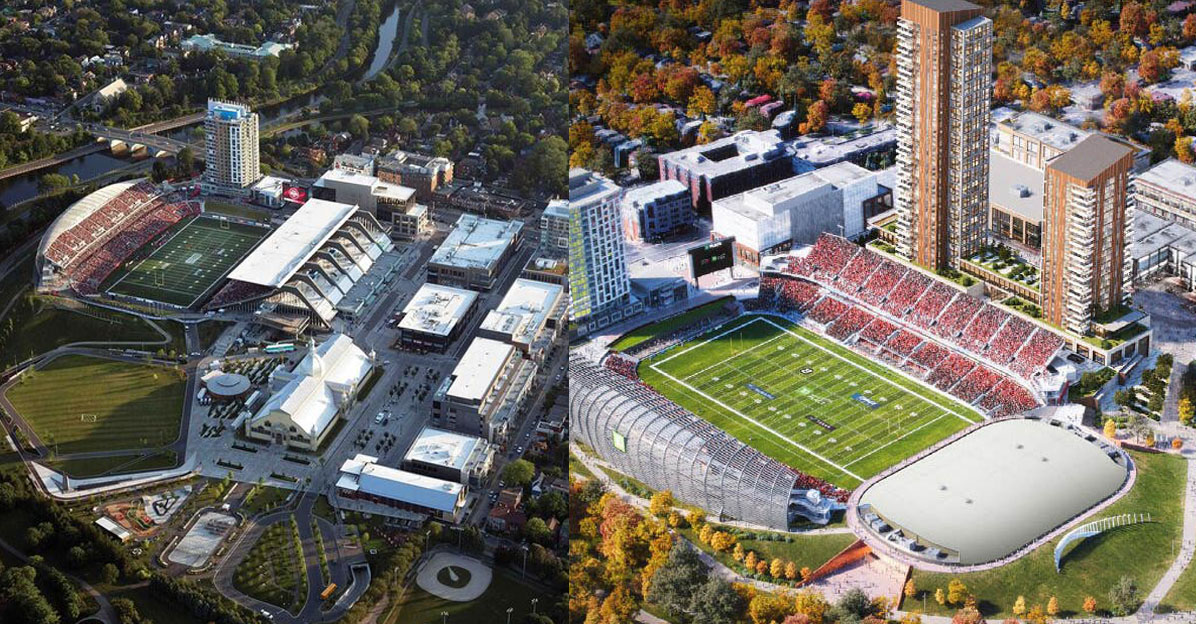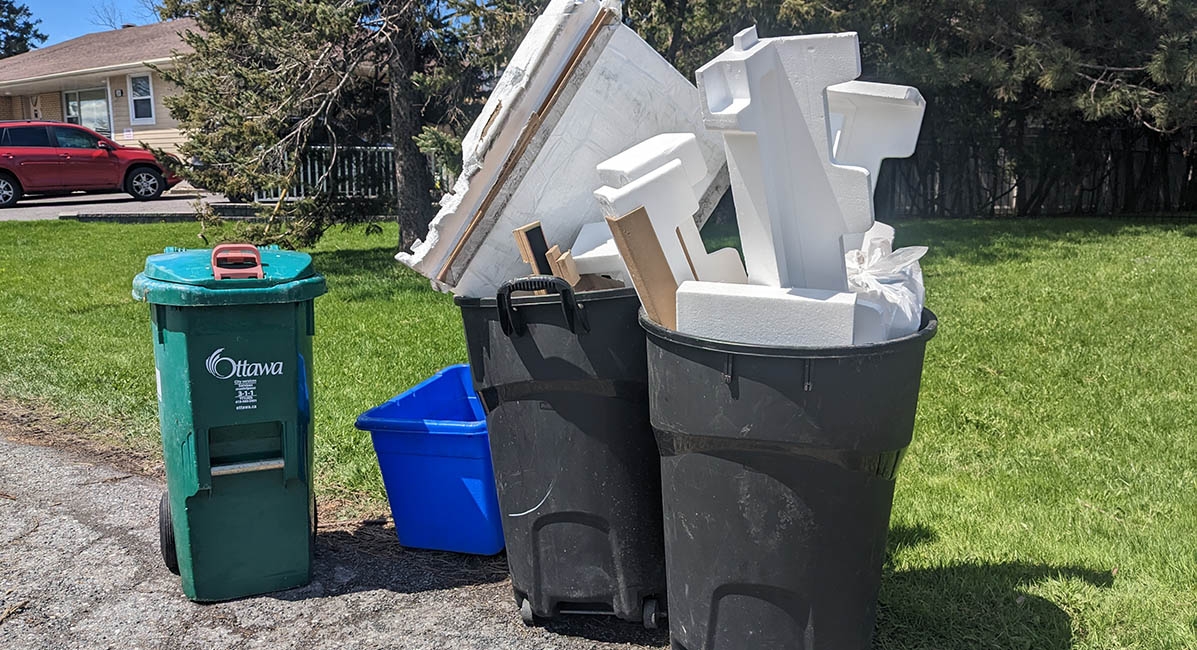
Technical report meeting has no date for problem-free LRT
Ottawa City Council held a special meeting on April 19th to review the technical briefing on the city’s response to the November 2022 report from the Light Rail Transit Public Inquiry. OC Transpo boss Renee Amilcar took the floor to brief the commission and city staff on the action plan to fix the problem-ridden Confederation Line.
According to Amilcar, many of the report’s 103 recommendations have been made. Some of the recommendations fall under the province’s authority, but the OC Transpo boss said the remaining recommendations within city jurisdiction would be addressed as soon as possible, and regular updates given to Council. How many and which were fulfilled were not disclosed during the meeting, leaving the public wondering if there is a checklist and what’s left on it.
City Chief Procurement Officer, Will McDonald, reviewed the city policy toward P3 contracts. The LRT was built using private-public partnership contracts in a deal between the consortium of Rideau Transit Group and Rideau Transit Maintenance. McDonald stated that city policy would be updated by the third quarter of 2023 to include report recommendations and to clarify city staff responsibilities in these contractual arrangements.
Tammy Rose, General Manager of City Infrastructure and Water Services, gave a short briefing on the scope of operations done by the department across the city to the tune of 700 projects and over $800 million in value. One of Rose’s deputies spoke, vowing city-wide dedication to improving services and policy in relation to the P3 contract-based LRT system.
Michael Morgan, Transit Services Department, pointed out that Council had approved a settlement with RTG in early 2023, which resolved the default notice from the 2021 derailments. He affirmed RTG’s commitment to fixing the existing issues on the LRT system before Stage Two East of the Confederation Line opens.
Morgan told the meeting that a technical work group had been established with RTG and the city to focus on and identify train wheel and railhead degradation, excess vibrations affecting roller bearings, and axle replacements on the trains. He said the partnership would deliver the most effective service for Ottawa residents.
The CEO of RTG, Nicholas Truchon, made his inaugural visit to Council. Truchon said his presence was to “corroborate” many of the plans that the city’s Director of Rail Construction for the city’s, Michael Morgan, stated in his presentation. Truchon iterated that safety is RTG’s priority and that the previous derailment was thoroughly investigated, with several mitigations being put in place pending independent audits, to determine the root cause of the derailment and focus on how to “sustainably” fix the system by looking at the wheel to rail interface, a review of the axel design on the trains, and early warning systems.
Renee Amilcar spoke again and reviewed Ronald Berger Consulting’s independent review of the action plan, which the company found to be “robust” and “highly relevant to the 103 recommendations.”
After the presentation, councillor Sean Devine asked Dominque Gautier, senior partner at Ronald Berger, if the revised rules and regulations would lead to enhanced accountability given the secrecy and lack of consequence for previous failures in the system. Gautier responded that their mandate was limited to reviewing the plan of action OC Transpo put in place to fix the current system. He further stated that Ronald Berger has no opinions on the inquiry findings; their mandate was only to review the robustness of the action plan. Devine reiterated his question to city staff. City Clerk Rick O’Connor stated his belief that the action plan would positively impact accountability.
Councillor Riley Brockington asked about the timeline to fix all existing issues with the LRT and how long it would take for the system to be fully functional. Amilcar responded that the LRT is in its infancy and no system exists without problems. Amilcar went on to say that she had no firm date for the Brockington but would like the system to be running without issue before the launch of Stage 2 in 2024.
The takeaway from the technical briefing meeting confirms what so many riders have suspected for four years—the LRT has wheel, axle, and bearing issues. City staff appear committed to improving P3 contracts and working with P3 partners, and although the city has a third-party audited plan, there is no solid timeline for when the LRT will run without issue.
There are many impressive, highly committed people working to fix things, but it continues to be fingers crossed and hope for the best when it comes to Ottawa’s Light Rail system.
PHOTO: OLM FILES








